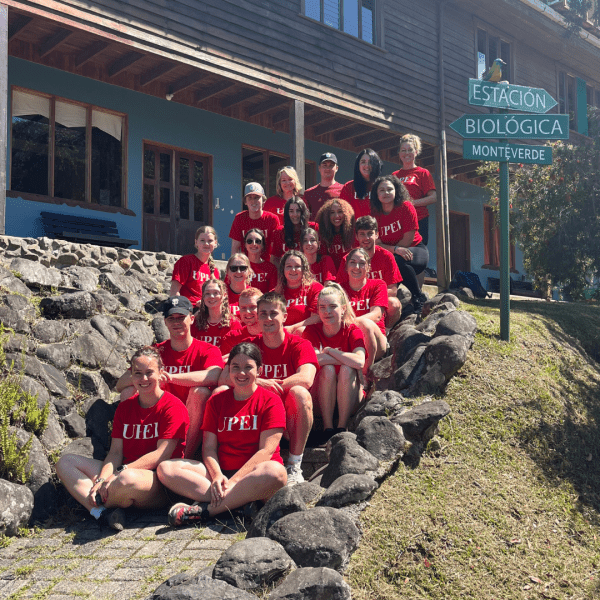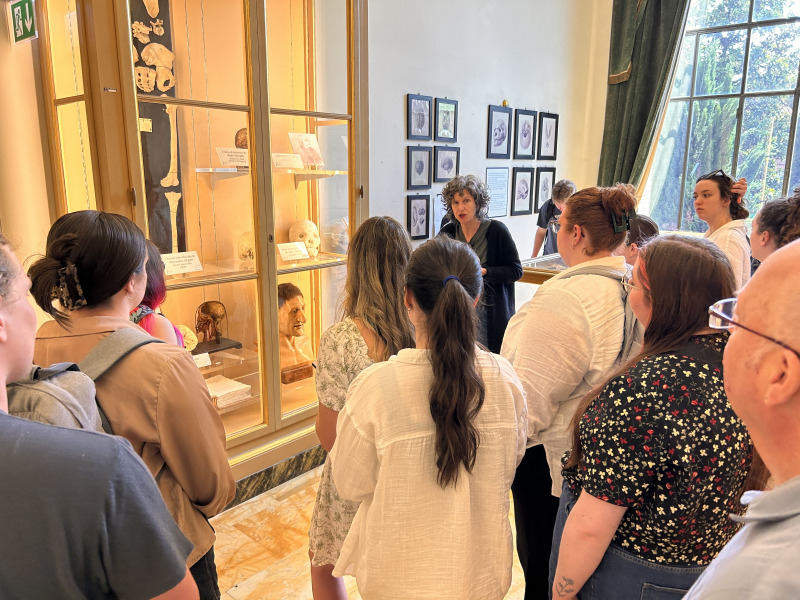Maymester 2023
In 2023, UPEI students travelled to Costa Rica and Italy.


In 2023, UPEI students travelled to Costa Rica and Italy.

Twenty UPEI business students spent 12 days in Costa Rica in May, learning about various sustainable tourism development practices and business models, through a Maymester program developed by the University’s Faculty of Business and its Office of Study Abroad and International Partnerships.

Dr. James Moran, UPEI history professor, and Dr. Christian Lacroix, UPEI biology professor, partnered with the University’s Office of Study Abroad and International Partnerships to take 19 students to Italy from May 19–29, 2023, through the Maymester program. This short-term excursion was a faculty-led multidisciplinary experience that provided students with the opportunity to study the history of western medicine.